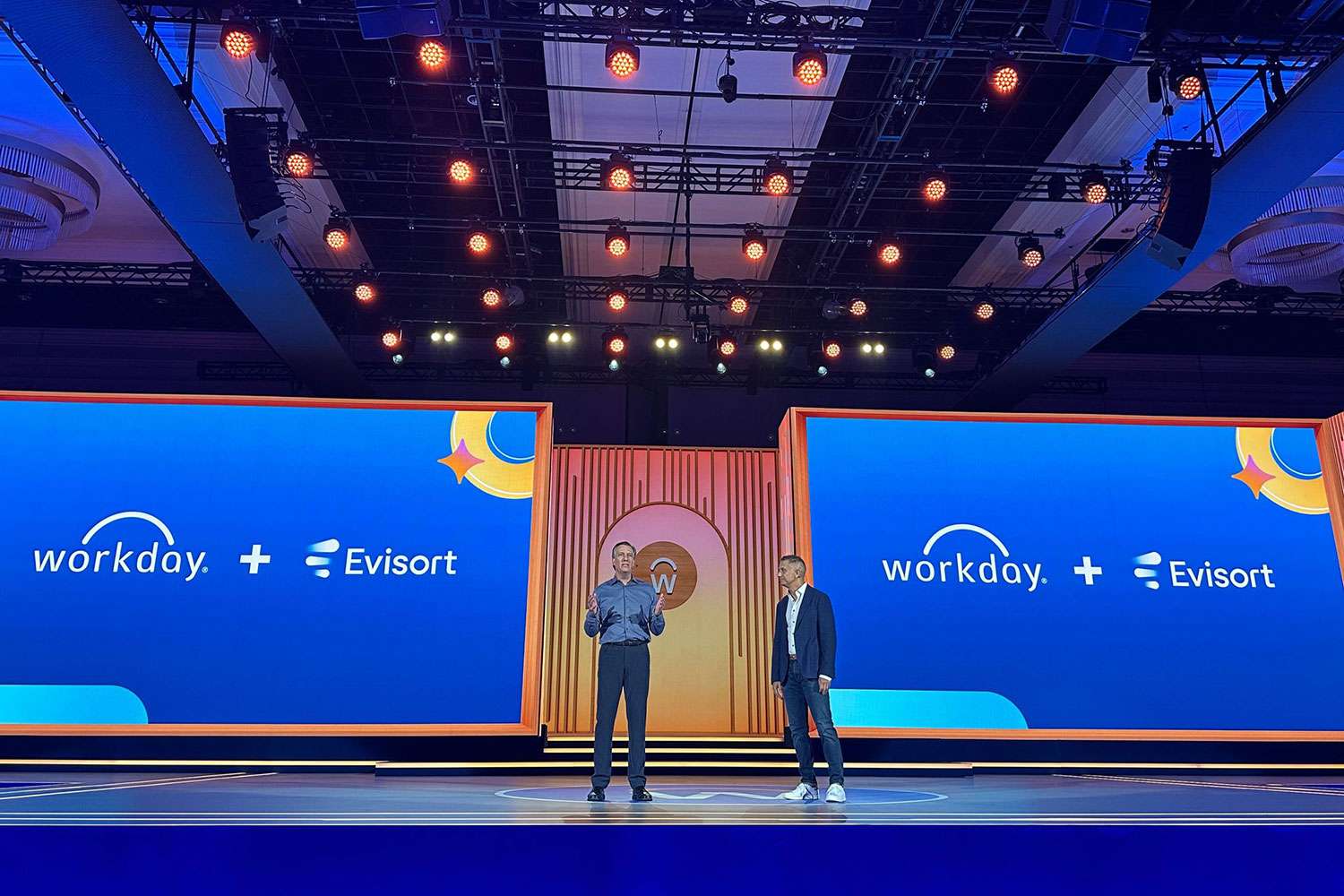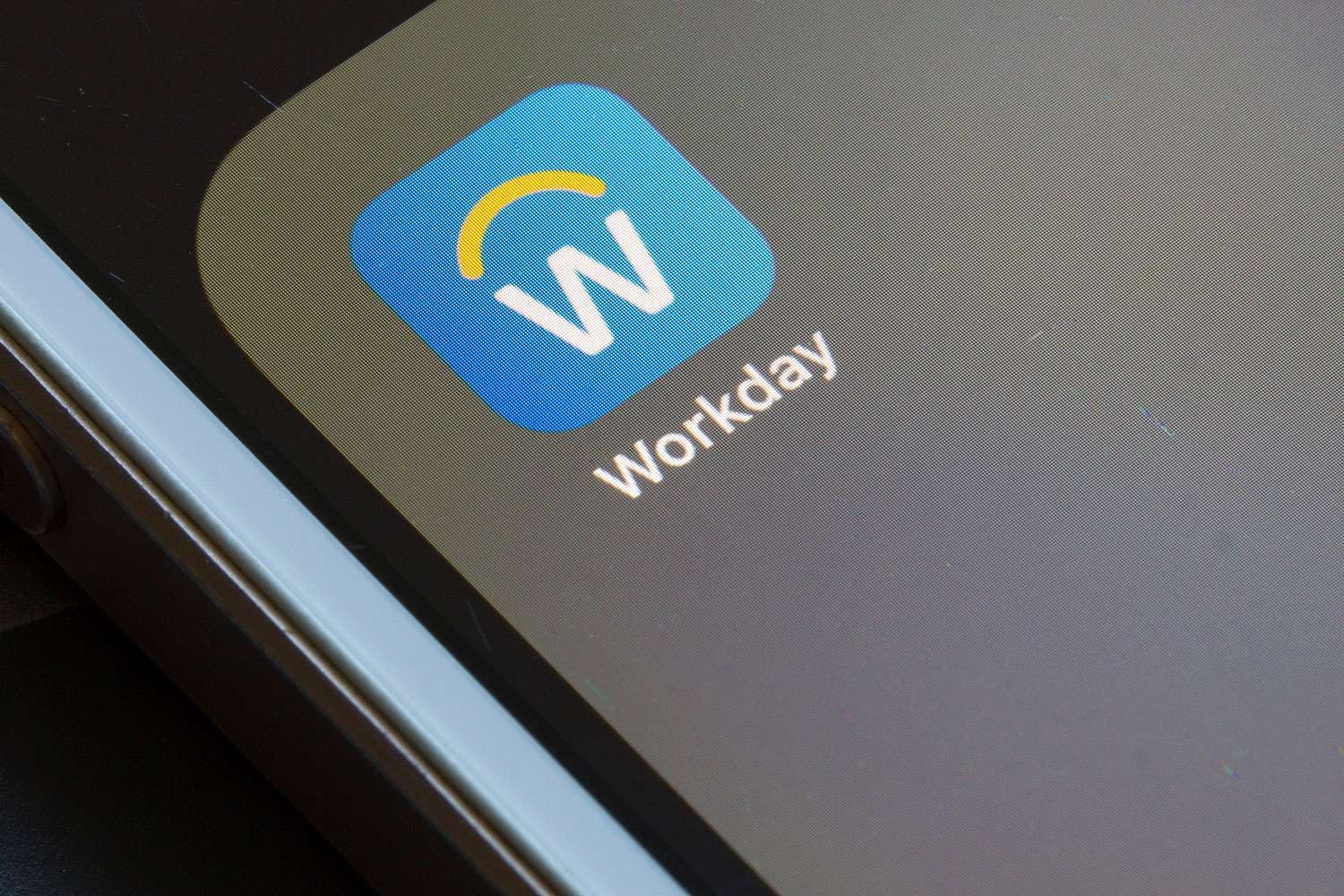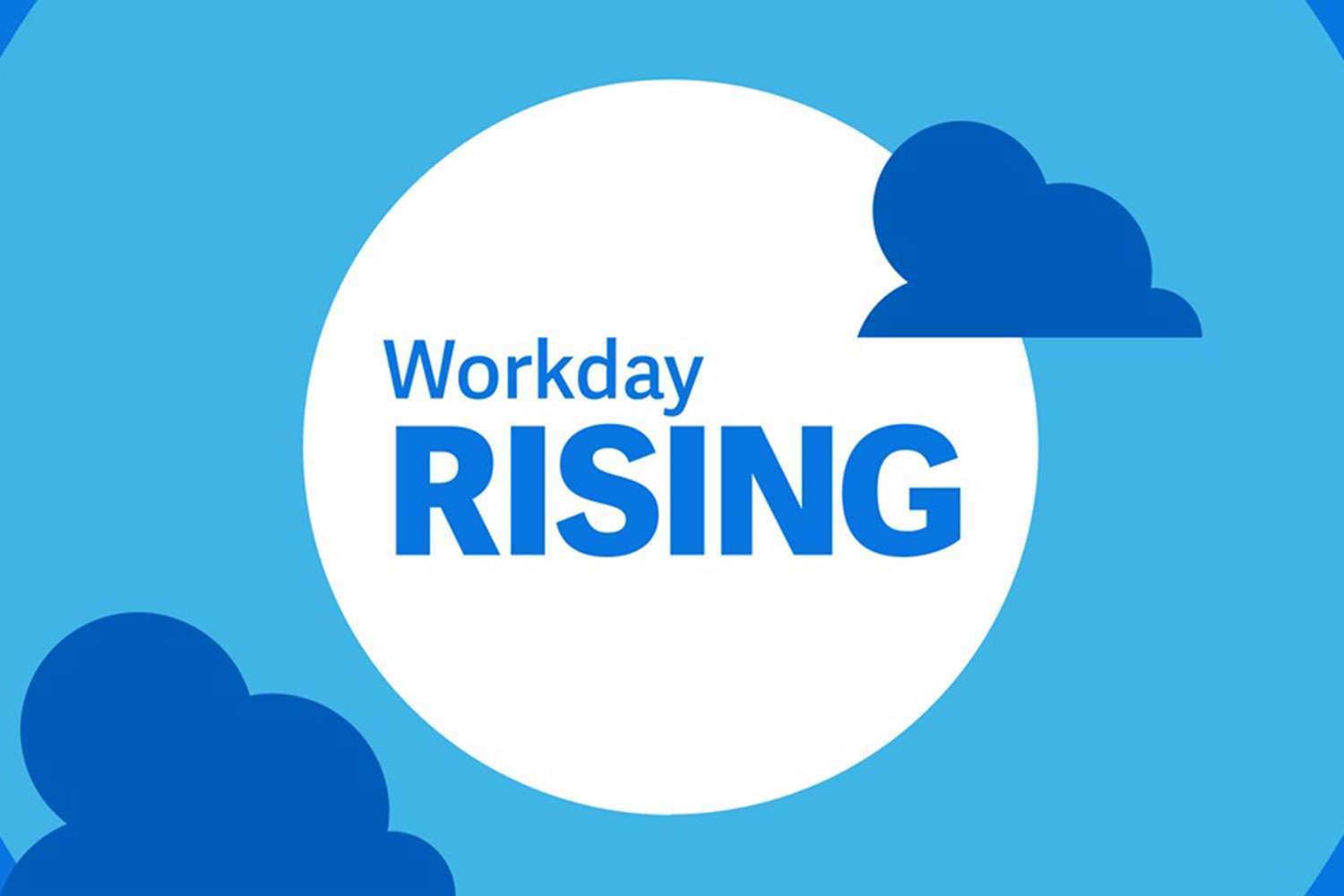How Digital Transformation is Bridging the Acceleration Gap

If you feel like you are constantly hearing about digital transformation, but you can’t articulate what it means to your company or how you plan to tackle it, you’re not alone. The economy comprises a myriad of sectors, each with broad spectrums of organizations so how does this term apply so universally? More and more experiences are being digitized and understanding how you are creating those digital experiences for both your customer and your employee are an important part of how you are driving digital transformation in your organization. Understanding that transformation will different things for different companies, it is still true that most companies are concerned that they perceive a rising acceleration gap in digital transformation.
In September of 2021, Workday commissioned a global survey of 1,150 executives to better understand the impact of digital transformation on three core business functions: Finance, IT, and HR. As part of this effort, the research sought to understand how business leaders feel about digital acceleration in the workplace, as well as which challenges are most likely to affect companies undertaking these efforts.
Workday‘s report defines the acceleration gap as the pace of change driven by a new opportunity and the ability of an organization to capitalize on it. Below, our team at ERPA examines Workday’s research and details how smart management of the Workday platform itself can turn the tide against these trends.
The Current State of Digital Transformation by the Numbers
Broadly, Workday’s research paints a bleak portrait of our current ecosystem with respect to digital transformation:
- 58% of business leaders say that digital transformation has slowed compared to the fast-paced pivots we saw in 2020
- 52% agree there is a growing gap between where their business is and where it needs to be to stay competitive
While none of us expected the pandemic-induced digital charge to last forever, the data suggests that companies are already lagging behind where they want to be.
In particular, higher education institutions are struggling to enact digital change. Just 5% of surveyed higher education leaders say that at least half of their daily operations are digitized (compared with 18% of all surveyed leaders).
Worse yet, higher education leaders appear to be less able to meet business demands, with a mere 14% confident in their speed among planning, execution, and analysis cycles, compared to 49% of all leaders.
The research notes that industries across the board will need to take a proactive approach to data collection and analysis as well as make efforts to transform their business cultures. For businesses with Workday, this step is easily within reach, as Workday offers robust reporting and analytics capabilities that enable organizations to collect and analyze data across different areas of the business, including HR, finance, and other operational areas.
Through Workday, it’s easy to identify trends, track performance metrics, and make data-driven decisions needed to support digital transformation.
Embracing Organizational Change
One of the key themes noted in Workday’s research is the cultural barrier that exists alongside big-picture transformations. In situations where the acceleration gap in digital transformation is slower than anticipated, the culprit is often a lack of organizational culture supporting the change or burnout related to too many changes occurring at once.
In our view, this is a reasonable response to a culture increasingly focused on growth. Users may be resistant to new technology from the outset and may resist further when additional optimization is necessary. Across any type of digital improvement, it’s critical to manage expectations in this regard.
We believe that digital transformation is as much a process of people management as it is tech improvement; getting buy-in from key stakeholders and knowing how to expand these benefits across a larger organizational culture will always be necessary for managing growth burnout and other types of pushback against digital change.
This is a key benefit of Workday advisory services offered by post-production support partners like ERPA. Technical transformations are important as is learning how to foster a culture of growth. Such cultural change should be reframed from a burden to being a force for improvement that business leaders can get excited about.
Building Relevant Workforce Skills
Nearly 4 in 10 (38%) of organizations report that a lack of relevant workforce skills is their biggest barrier to achieving their transformation goals, and fewer than half of the leaders (46%) say they are digitally equipped to ensure business continuity in times of crisis.
This is another area where post-production support for platforms like Workday can pay dividends. Many in-house teams lack the necessary data analysis and management skills needed to derive meaningful insights from datasets.
This is a critical workforce skill for any industry, as data is often viewed as the crystal ball by which organizations make their forecasts. Workday’s advisory services can provide critical insight into the platform’s top features and analysis tools to help companies stay on top of these trends.
When asked about which skills were most helpful for enabling teams to meet the continual needs of the business, the following two skills topped the list:
- Ability to connect operational, people, and financial data to business outcomes
- Fast cycles among planning, execution, and analysis to improve outcomes
Solutions here include knowing which digital investments will drive the biggest improvements as well as implementing stronger data strategies to support these decisions. Workday’s research revealed that only half of the surveyed leaders feel able to identify new digital opportunities more quickly than their competitors. Companies that want an edge need to explore digital solutions that allow them to identify these trends earlier and capitalize on opportunities.
Applying Digital Transformation to Close the Acceleration Gap with Workday
Workday’s findings with respect to the acceleration gap (and digital transformation overall) may seem to indicate that companies are struggling, but in truth, the slowed pace of change presents that much more room for growth.
In terms of turning these challenges into opportunities, the report notes that there are three key elements required for all organizations interested in supporting digital transformation across their enterprise:
- Accurate data
- Workforce skills
- Organizational culture
In our view, Workday mastery is the easiest path forward for achieving these goals, and better still, most organizations using Workday already have these features available and at the ready. All that’s needed is a little outside support to show users the way and help each company get the most value out of their platform – thus allowing them to generate the data, tools, and broader organizational buy-in necessary for a true digital transformation.
To learn more about ERPA’s approach to digital transformation and Workday optimization, contact our team.































